
OR
Opinion
Herd Immunity Key to End COVID-19
Published On: July 27, 2021 12:02 PM NPT By: Dr Prakash Budhathoky
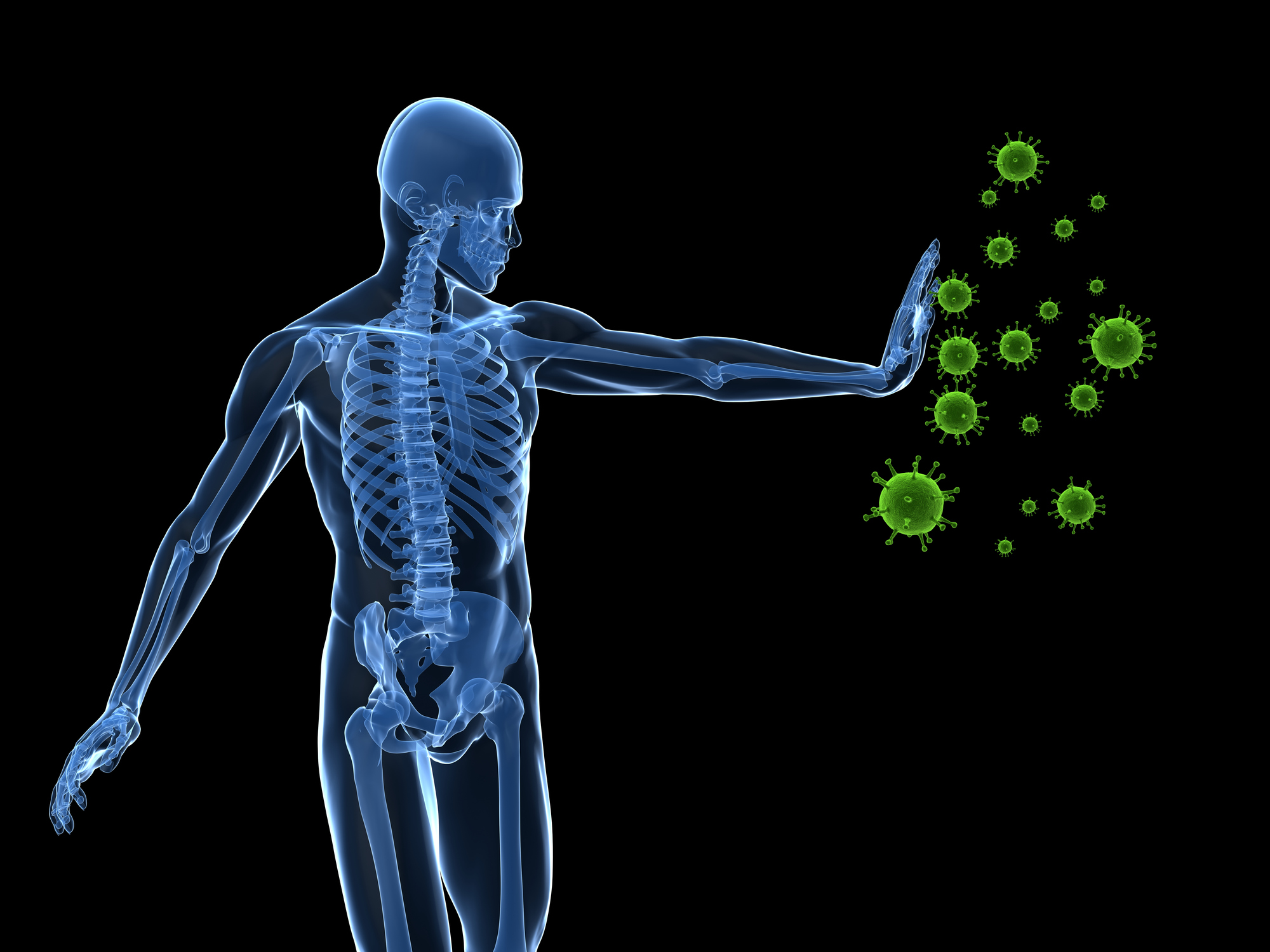

Dr Prakash Budhathoky
The author is a treasurer at Central Executive Committee of Nepal Medical Associationnews@myrepublica.com
Nobody is safe until everybody is safe. So a large chunk of the world population needs to be inoculated against COVID-19 so as to develop herd immunity in the population.
The COVID-19 pandemic is now spreading like wildfire across the world, especially due to the emergence of a third wave of the pandemic. It is reported that there is growing inequity in the inoculation of people on the basis of where they live: high- or middle- or low-income countries. One in four people from high-income countries is reported to have got the COVID-19 jab as against one in over 500 people in poorer countries. This speaks volumes about the vastly unfair and unequal distribution of COVID-19 vaccines among various countries in the world.
Vaccine supply
Vaccine nationalism emerged long before the vaccines were rolled out when the rich countries tried to be the first to inoculate their populations rather preemptively ahead of other countries. In the process, they signed agreements with COVID-19 vaccine-producing pharmaceutical companies for the supply of vaccines for their populations even before the vaccines had undergone clinical trials.
The World Health Organisation (WHO) is fretting at this tendency of a handful of rich countries procuring vaccines for their populations at the cost of poorer countries. This may also hamper the COVAX program, which aims at ensuring the fair distribution of vaccines to 92 poorer countries around the world. Vaccine nationalism is a myopic concept. Rather than curbing the COVID-19 pandemic, it could stoke the risks of the pandemic spreading even more quickly.
Herd immunity and threshold
Developing herd immunity is one of the mechanisms for controlling COVID-19. If herd immunity can be developed, all people, including those who are not immune to the disease, can be protected. A certain proportion of the population needs to be infected to spread a disease. It is called the threshold proportion. If the proportion of the people immune to the disease exceeds the threshold proportion, herd immunity can be developed. It is called the herd immunity threshold.
The percentage of the population that needs to be immune to a disease varies from disease to disease. It also depends on the nature of a disease. If a disease is very contagious, a greater portion of the population needs to be immune to it. Usually, 50 to 90 percent of the population needs herd immunity to lower the transmission of the disease. In the case of COVID-19, experts say around 70 percent of the population needs to be immune to it.
Experts say that there are two ways to stem COVID-19. One is the natural method and the other is the vaccination method. Under the first method, enough people have to recover from the disease and develop protective antibodies against future infection. But there’s the rub: it is still unknown how long such people can protect themselves from future infections. They can still contract the disease even if they have developed antibodies. As around 70 per cent of the population has to recover to make the natural defence system work, this may lead to many deaths, especially among older people and those with underlying medical conditions, and overwhelm healthcare systems. So, adopting this mechanism to curb the disease will be suicidal.
The other method is the use of vaccines. As under the natural method, vaccines also develop antibodies in people to enable them to fight future infection. The difference, however, lies in the fact that antibodies are developed in people without causing any disease or complications to them. History is witness to the fact that man has controlled such diseases as smallpox, poliomyelitis, diphtheria and rubella through vaccinations.
As things stand, there is a problem with the global vaccination drive. Wealthy countries have hoarded vaccines in excess of their requirements, whereas poorer countries like ours are facing a shortage of vaccines. Adherence to health safety rules is very important to attain herd immunity. If people strictly follow health safety protocols like social distancing, wearing masks and using sanitiser or washing hands with soap and water, the infection rate will decline soon.
Vaccination
It is a no-brainer that the higher the immunity, the better. As far as COVID-19 is concerned, we cannot afford to attain herd immunity through the natural method. Even if many adults can attain immunity, children and those with weakened immune systems like older people and those with underlying medical conditions may contract the disease.
Vaccination is a sine qua non for developing herd immunity. For this, all countries in the world should act in a synergetic fashion and ensure fair and equitable distribution of vaccines. The COVAX initiative can be the best platform for this. What is important is that wealthy countries should support the global initiative. At present, it is facing problems with acquisition of enough vaccines for distribution to poorer countries, including ours.
There are, however, other groups that do not support the waiver. First, drugmakers are completely opposed to the idea of a waiver. They argue that vaccine development is not only costly and difficult but also unpredictable. It is not certain whether a vaccine against a particular disease will prove to be effective after spending billions of dollars on its research and development.
Common enemy
Generally, the vaccines do not prevent transmission. The biggest value of the COVID-19 vaccine is reducing severe disease and mortality. People may still get milder forms of the disease but if we get the vaccine, it significantly lowers our chance of dying from the disease. That is the great value of the vaccine.
The Coalition for Epidemic Preparedness Innovations (CEPI) has been playing a pivotal role in vaccine development and investment of at-risk capital to enhance manufacturing capacity. It is also involved in developing partnerships for technology transfer. Development financiers need to invest in creating a knowledge network for vaccine development across the world.
Knowledge sharing and technology transfer are key to the development of vaccines and fair and just distribution of vaccines on a global scale. COVID-19 is not an enemy of a particular country. In this global age, the virus cannot be eliminated without facilitating global access to vaccines.
At last, nobody is safe until everybody is safe. So a large chunk of the world population needs to be inoculated against COVID-19 so as to develop herd immunity in the population.
(The author is the central treasurer of Nepal Medical Association.)
You May Like This
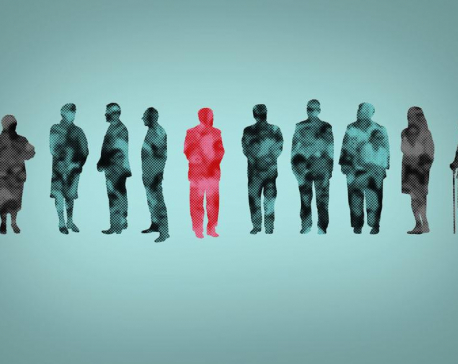
Is omicron leading us closer to herd immunity against COVID?
Is omicron leading us closer to herd immunity against COVID-19? ... Read More...
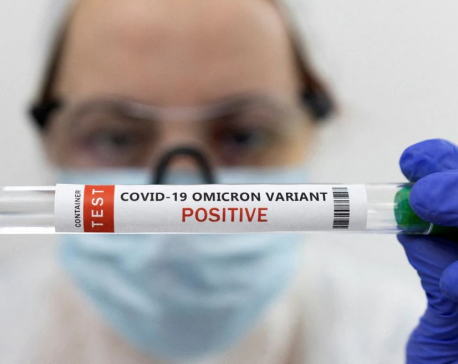
Analysis: How Omicron highlights fading hope of herd immunity from COVID
CHICAGO, Jan 21:The Omicron variant, which is spreading far faster than previous versions of the coronavirus, is not likely to help... Read More...
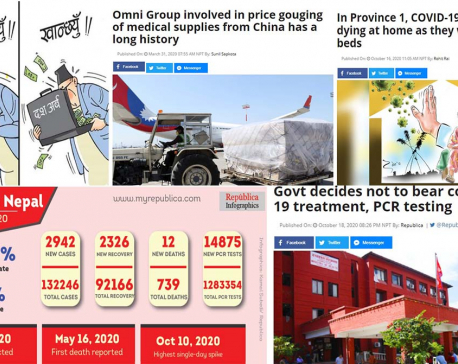
As Oli government limits its role to counting deaths during the greatest public health crisis, people are dying at an alarming rate
Experts say the government has decided to shred the constitution ... Read More...



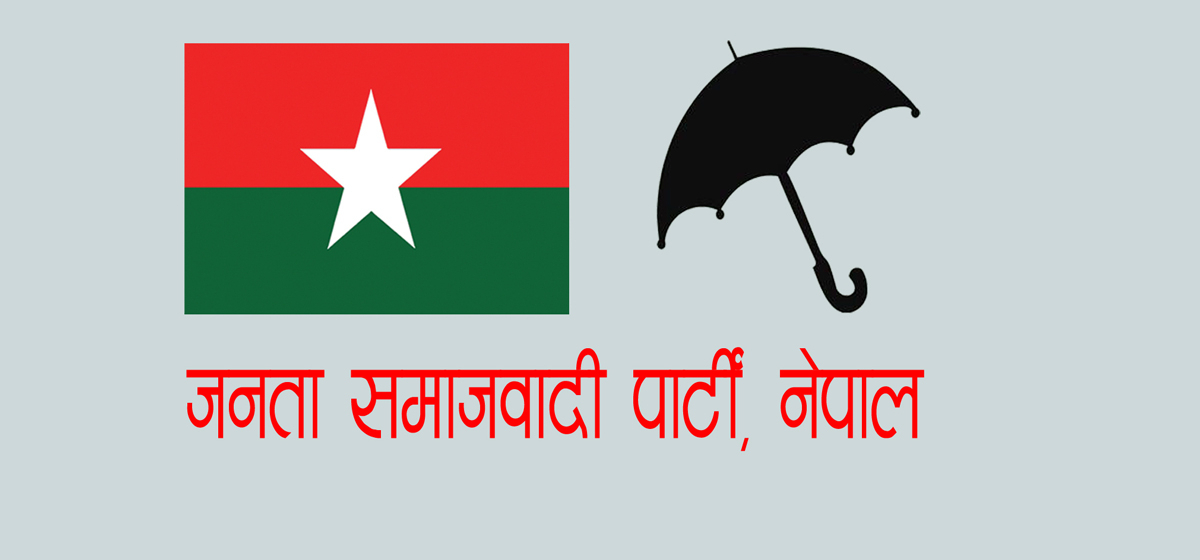


Just In
- JSP Central Executive Committee meeting being held today to discuss national convention representative election guidelines
- KMC adjust office hours, services now start at 9AM
- Five-match T20 series: first match between West Indies 'A' and Nepal starts today
- Govt yet to pay Rs 60 billion to contractors
- Nepal’s poorest district identified as Bajura, richest as Mustang
- Wind storm likely at a few places of Koshi and Sudurpaschim
- EVs adoption in Nepal surge in Nepal with government support measures
- Mayors' Forum urges Finance Minister Pun to settle electricity dues









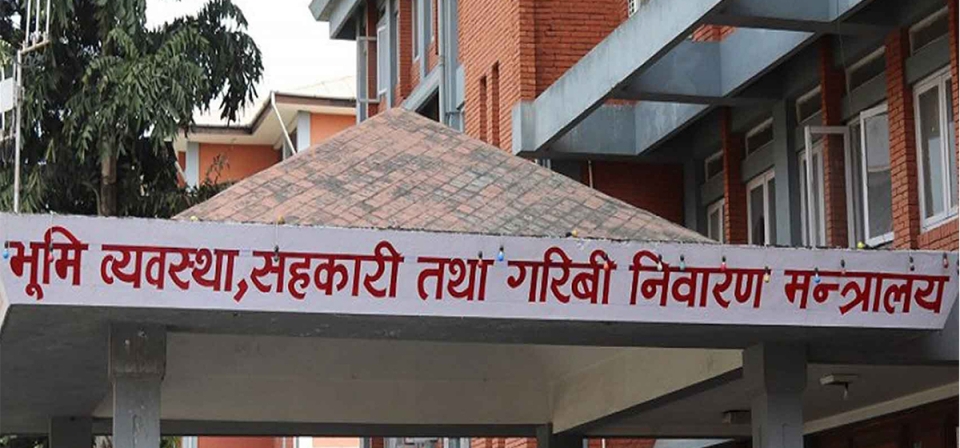



Leave A Comment